Cost Comparison Windsurf, Codex, Cursor
In today’s AI-powered development landscape, tools like Codex, Windsurf, and Cursor streamline integration with large language models (LLMs) such as Claude (Anthropic) and ChatGPT (OpenAI). For small web projects, understanding how these tools interact—and the associated costs—is key to making informed architectural decisions.
OpenAI Codex
OpenAI Codex is a powerful model developed by OpenAI for translating natural language into code. When integrated with tools like Claude or ChatGPT, Codex acts as the core engine that understands developer intent and generates working code snippets, entire functions, or even full applications. It can be embedded into custom developer tools or platforms via the OpenAI API. Integration typically involves lightweight API wrappers and optionally Dockerized environments for scaling. Developers can use Codex to automate repetitive coding tasks, prototype rapidly, or assist with complex algorithm design—effectively serving as a powerful coding copilot.
Windsurf
Windsurf (formerly Codeium) is an AI-powered integrated development environment (IDE). It's designed as an "agentic IDE" where developers and AI work together in a seamless flow state. Windsurf features "Flows" that combine agent and copilot capabilities, and "Cascade" which provides deep contextual awareness of codebases. The platform offers multi-file editing, terminal command suggestions, in-line code generation, and web preview functionality with deployment options. Available for Mac, Windows, and Linux, Windsurf goes beyond simple assistance to create what they call a "mind-meld experience" between developers and AI.
Cursor
Cursor is an AI-native code editor built from the ground up for seamless integration with models like ChatGPT and Claude. Designed to supercharge the development workflow, Cursor goes beyond autocomplete by offering intelligent code generation, real-time logic suggestions, and automated refactoring across multiple files. It's particularly powerful for rapid prototyping and iterative development of web projects, enabling developers to stay in flow while offloading boilerplate and structural tasks to AI. While Cursor isn’t intended for production use, it excels as a development companion—drastically reducing time from idea to implementation.
Cost comparison
Costs can vary. For small web projects, assuming up to 5,000 user queries per month:
- Claude (via Anthropic API): ~$11–$13/month for light usage, depending on the model (e.g., Claude 2, Claude 3 Sonnet, or Claude 3 Opus). Costs can rise significantly with higher token volumes or extended context models like Sonnet with max context, which can triple the baseline.
- ChatGPT (via OpenAI API): ~$10–$15/month for typical developer usage of GPT-3.5 or GPT-4-turbo. Actual costs depend on usage volume and model selection—GPT-4-turbo being more cost-efficient than the original GPT-4.
- OpenAI Codex: Accessed via the OpenAI API and priced similarly to ChatGPT models, with costs depending on the underlying model used (typically GPT-3.5 or GPT-4). While no longer separately branded, Codex capabilities are now baked into the main GPT lineup. Self-hosting is not available—API access only
- Windsurf and Cursor: Both tools are free or low-cost. Cursor has a Pro plan (~$20/month) for enhanced AI suggestions, Windsurf (~$15/month).
In summary, a small web project leveraging these tools can expect monthly costs around $30–$50, primarily driven by LLM usage. The result is a powerful, AI-augmented application stack with minimal overhead.

